Write Us
We are just a call away
[ LET’S TALK AI ]
X
Discover AI-
Powered Solutions
Get ready to explore cutting-edge AI technologies that can transform your workflow!

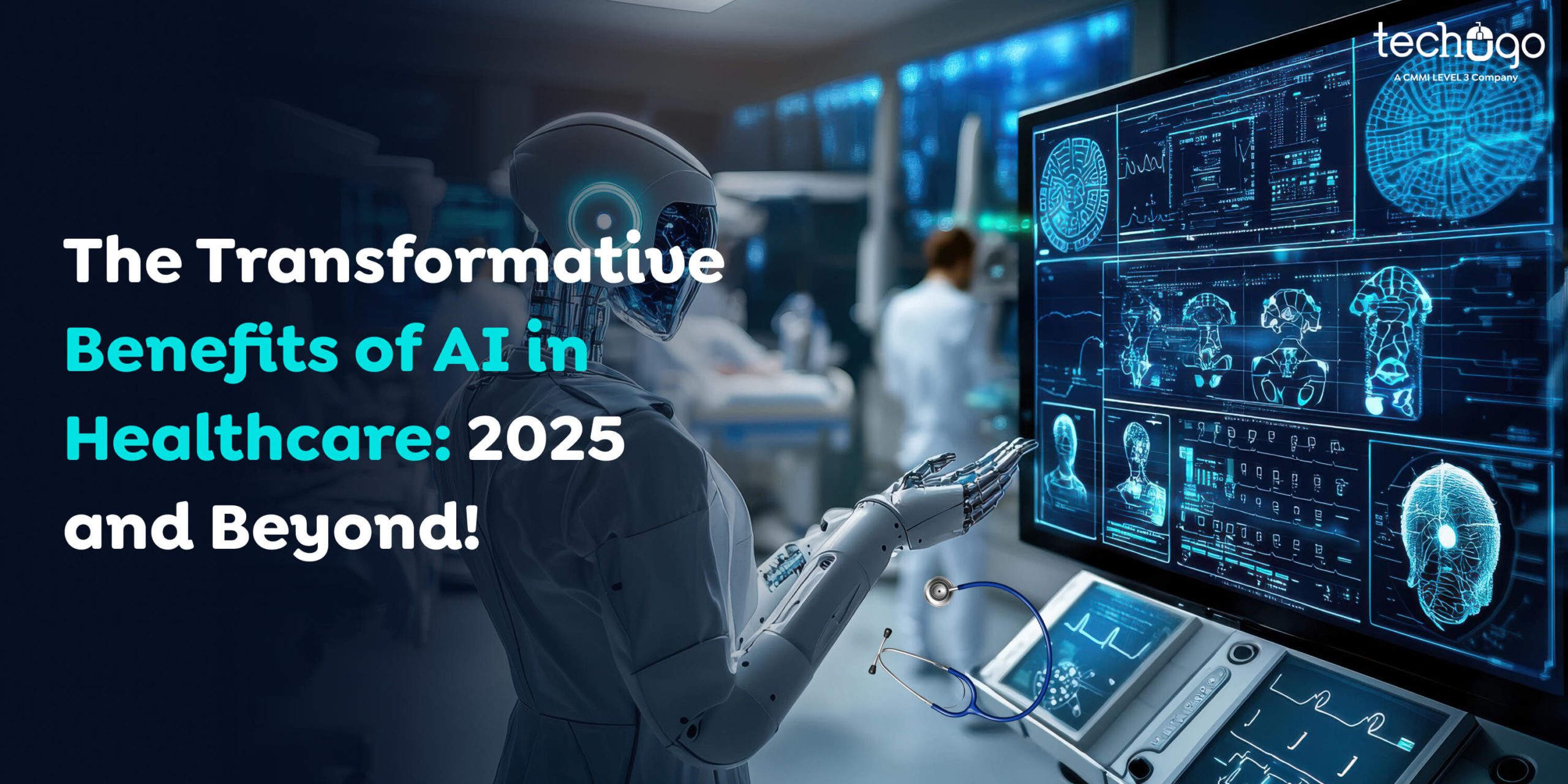
It is indeed one of the greatest success stories of modern times, and healthcare has continued to be one of the fastest-growing sectors, and strides made in medical science and research have seen the World’s life expectancy skyrocket. These emergent challenges include increased demand, costs, and a workforce that may be increasingly challenging to meet patients’ ever-growing and complex needs.
Several unstoppable forces continue to drive this demand: growing patient demands, the increasingly elderly population, the changing world, and transformative technological change. Of all these, the largest is the aging population. It is believed that in 2050, one of the four citizens of North America and Europe will be age 65 or above, and thus, there will be more pressure on the healthcare system for more seriousness in chronic diseases. Such demographics require transitioning from the traditional reactive acute care model to a more efficient and financially sustainable chronic care model.
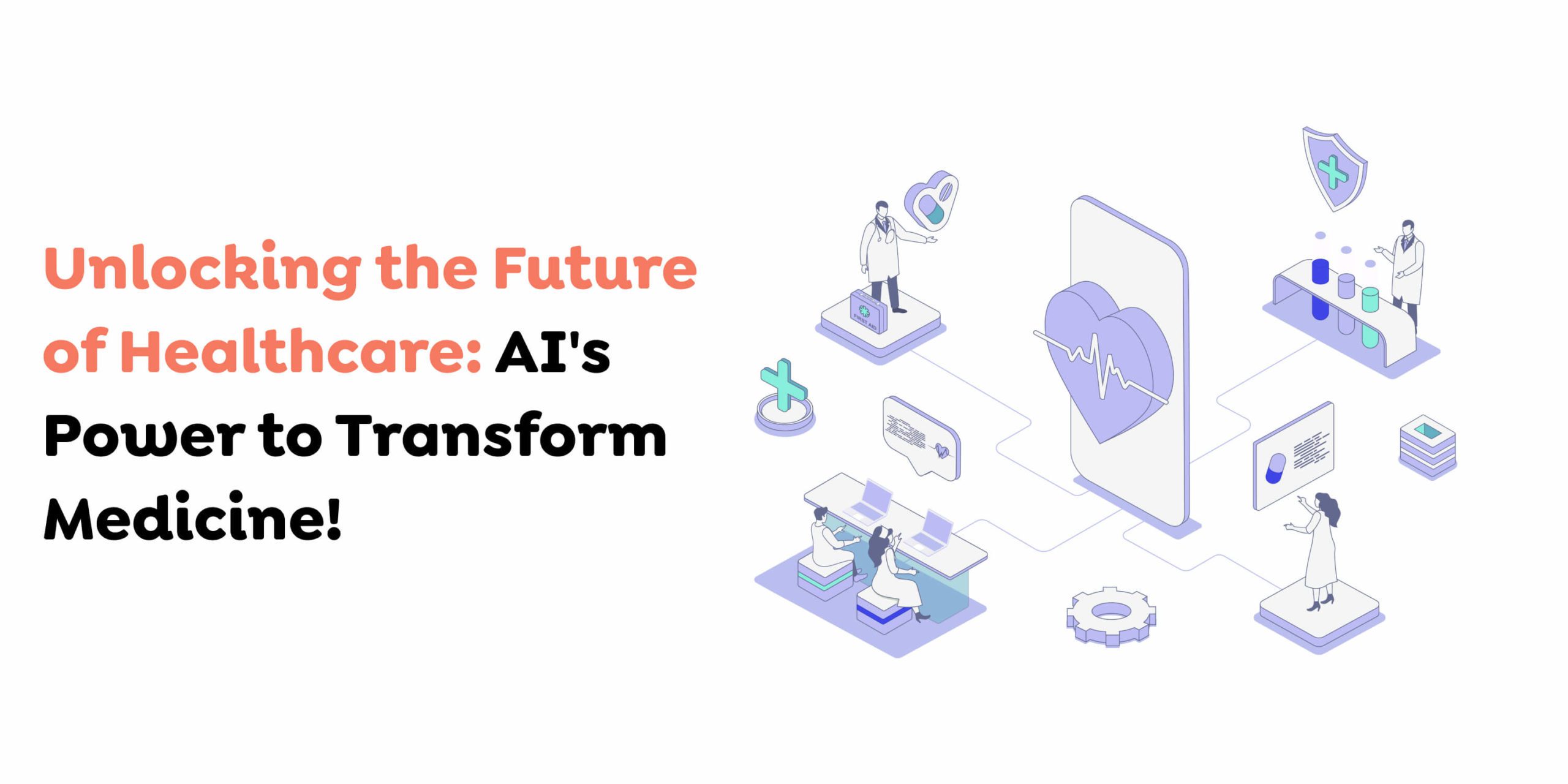
However, several impediments do not allow healthcare spending to meet increasing demand. Only through structural and transformative approaches will the sector be viable and sustained. According to the World Health Organization (WHO), the global health sector lacks competent human resources. That is where the worldwide economy of creating 40 million health sector jobs by 2030 stands; on the other hand, WHO estimates that the world would be short by about 10 million physicians, nurses, and midwives by 2030.
To meet these challenges, an innovative utilization of advanced technologies such as artificial intelligence (AI) must be implemented to boost organizational effectiveness and scrutinize workforce productivity, which will revolutionize the future of health care. Connect with a leading software development company or the best mobile app development company to accelerate the growth of your healthcare app and unlock its full potential.
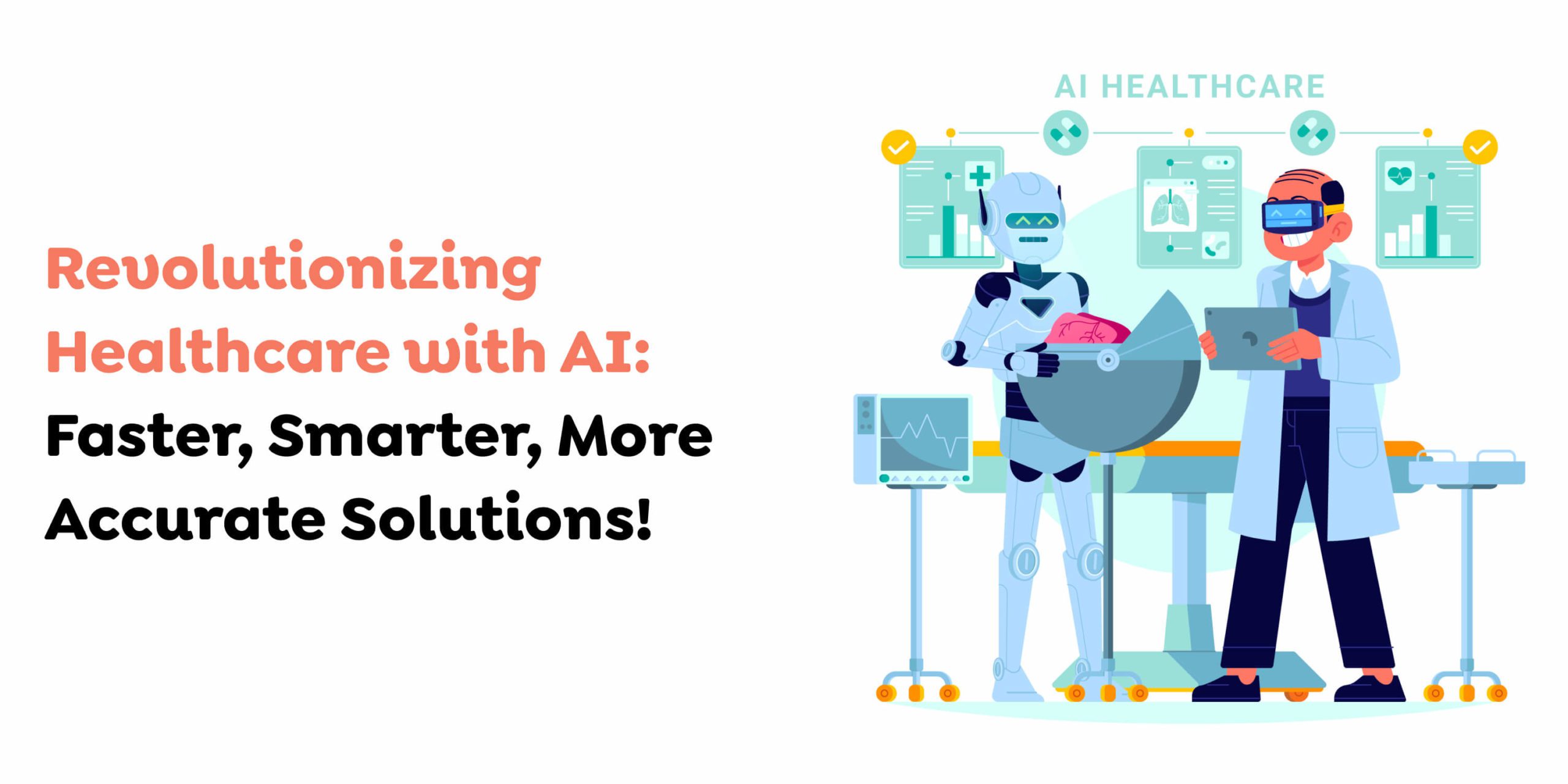
AI employs machine learning in healthcare to give doctors, other hospital personnel, and healthcare managers accurate clinical decision support (CDS). AI quickens the process of extensive data analysis, meaning it is easier and faster to make correct decisions, hence helping improve patient care and operations.
AI specializes in Deep learning, and this area has noted tremendous progression in the last few years using complex structures to classify and evaluate data. These have now been combined with real-time data from wearable devices, Electronic Health Records (EHRs), and imaging tools, enabling care professionals and providers to provide more precise and proactive care.
Furthermore, AI enhancements imply learning from updated data and constantly improving diagnostics treatment plans and resources, which is why it is a valuable tool for current healthcare industries.
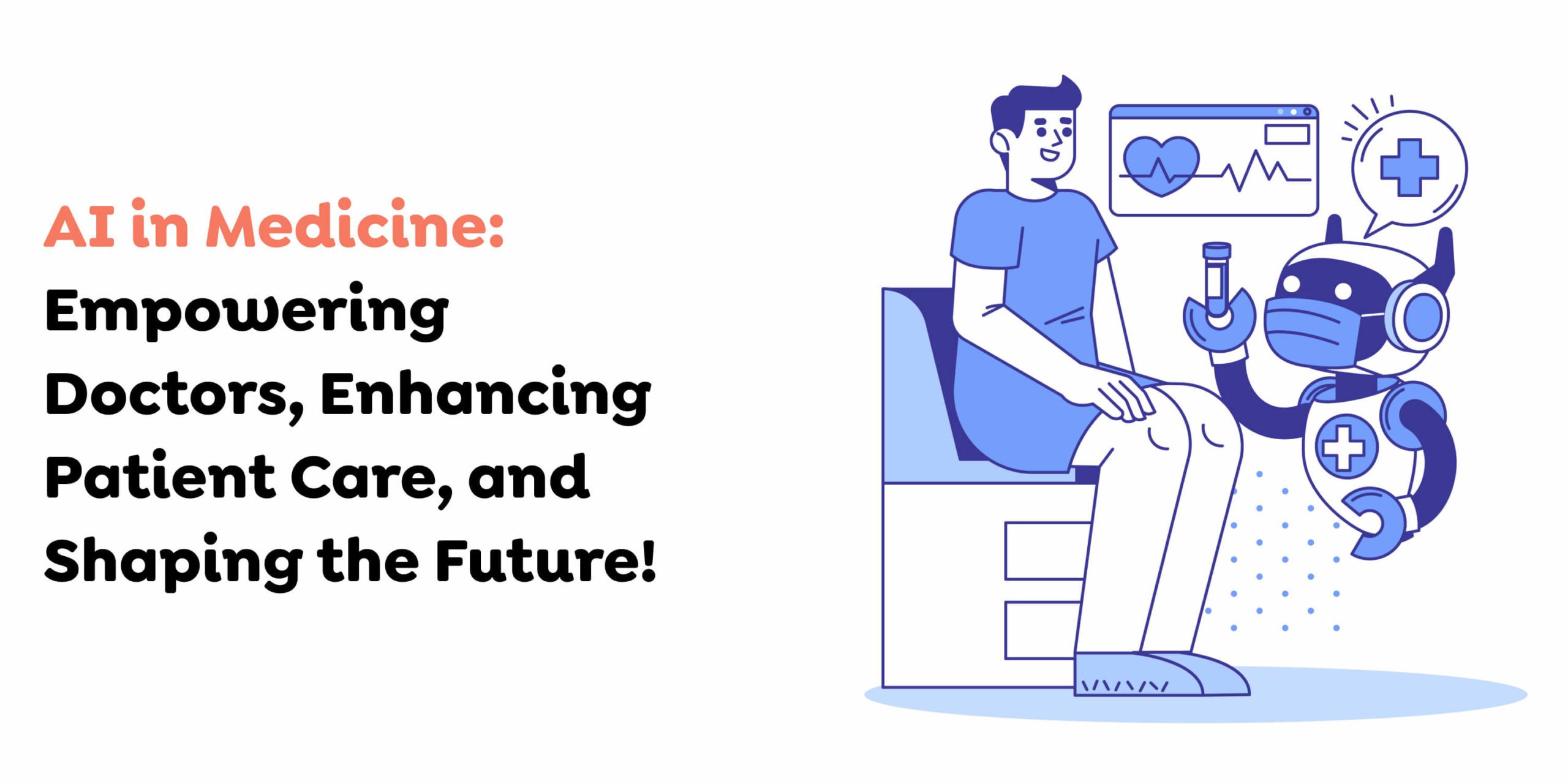
AI in healthcare is used to aid doctors in making better decisions, managing patient data effectively, creating personalized medicine plans, and discovering new drugs.
Let’s take a closer look at each of these incredible use cases.
Also Read – Exploration Benefits and Use Cases of HL7 EMR Integration for Healthcare Software
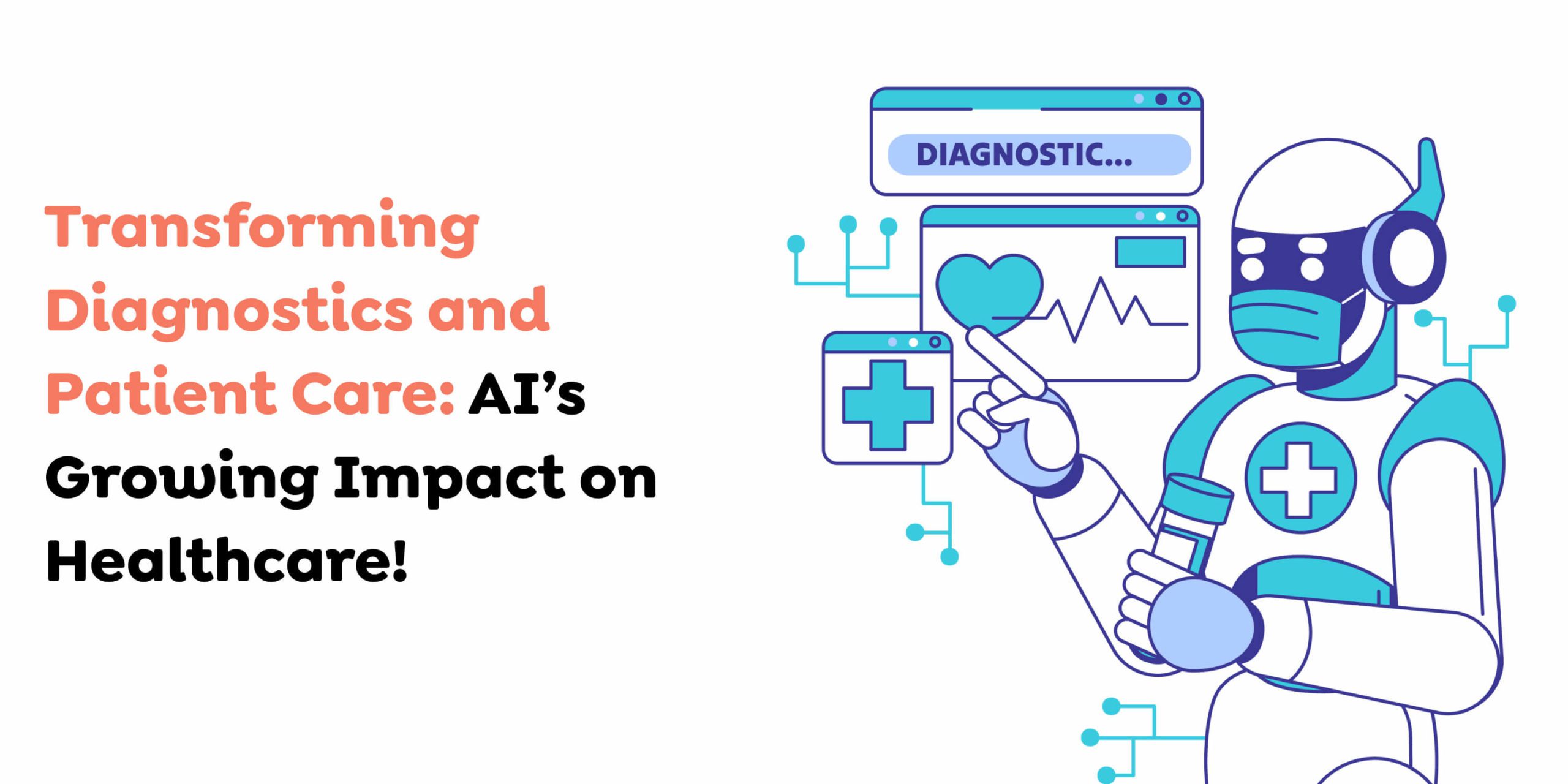
The future of AI in healthcare is changing the healthcare sector. Although the global market for AI in healthcare will be $6 billion by 2021, most practitioners must know its impact. The first step to increasing awareness of AI initiatives is creating awareness.
These are just a few of the many ways that AI has helped the medical industry:
Healthcare sector misdiagnosis is a significant problem. A recent report shows that around 12 million Americans are misdiagnosed yearly, with 44% being cancer patients. AI can help overcome this problem by increasing diagnostic accuracy and efficiency.
Computer vision, enabled with AI, allows for accurate analysis of medical images, such as patient reports, CT scans, and MRI reports. This will enable users to extract data that isn’t visible to the naked eye.
Although AI is faster than radiologists and can analyze most medical data more accurately, it must still be mature enough to replace radiologists completely. So MIT created a machine-learning system that uses a hybrid approach to diagnose different types and stages of cancer by analyzing medical records or referring the task to a specialist radiologist.
It becomes more challenging to provide exemplary patient care as the demand for healthcare facilities rises, and the supply still needs to grow.
A recent study found that 83% of patients consider poor communication the most frustrating part of their experience. These are some of the ways AI can overcome this problem:
Moreover, AI can automate patient communication, such as appointment management, reminders, payment problems, and other tedious tasks. As a result, these tasks can be eliminated, and the time saved can be used to care for patients, which is the primary goal of healthcare professionals.
AI can quickly analyze data and generate reports to direct patients to the appropriate doctors.
Also Read – Transforming Healthcare in the Skies With Air Ambulance in Dubai
Healthcare robotics has made surgeries safer and more efficient by using AI. Robotic-assisted surgery allows surgeons to perform complex surgical procedures with greater precision, safety, and control.
Remote surgery is also possible, allowing for remote operations from any location worldwide. This can also be used during pandemics worldwide, where social distancing may be necessary.
Research by Harvard Medical School examined the differences between conventional and robotic-assisted prostate surgery. Robot-assisted prostate cancer patients had:
– Less time in the hospital after the procedure
After surgery, lower pain scores
– There are fewer complications after surgery, such as blood clots and urinary infections.
Another use of AI in healthcare is its ability to process large quantities of patient data.
10+% have diabetes. The FreeStyle Libre glucose monitoring system powered with AI allows patients to monitor their glucose levels and view reports to help them manage their progress with their doctors and support staff.
AI plays various significant roles in the healthcare industry and delivers excellent value. From clinical decision support systems and innovative electronic health records to diagnosis robotic-assisted surgical procedures, AI improves productivity and precision in the field. It also allows for data interoperability, home and mobile monitoring of individuals, and various forms of analysis that can help deliver more sought-after personalized and ahead-of-time care. The latest technologies, such as chatbots, virtual nursing assistants, or precision medicine solutions, are stepping into the existing and creating new patient interactions and improving treatment results in healthcare.
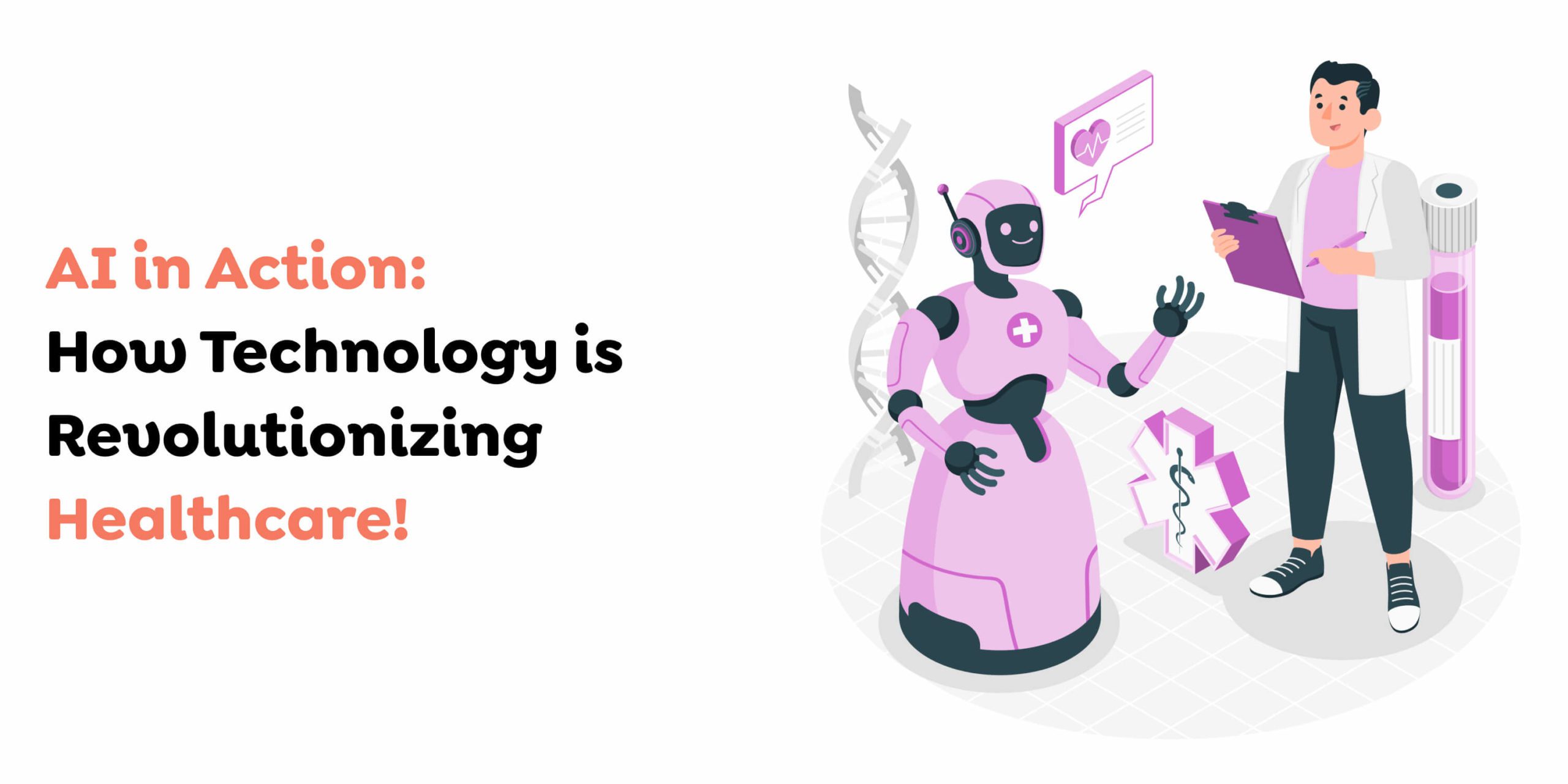
Artificial Intelligence can increase primary care and triage through chatbots. Chatbots allow patients to connect with their doctor instantly by using instant conversation. They save patients money and prevent unnecessary trips to the doctor. Healthcare chatbots can help medical providers exceed patient expectations and improve patient outcomes. Chatbots use a single communication method to encourage patients to share their medical information. This allows doctors to improve patient care quality, reduce costs, and increase patient satisfaction. AI allows for smooth flow and automation in primary care. This frees doctors to concentrate on more challenging and urgent cases. AI solutions for healthcare have a more humanized approach. With integrations to Google, Amazon, and Microsoft, human digital platforms allow healthcare providers to create and deploy digital human workers quickly. Hospitals could use digital humans to provide 24/7 support and empathy to patients.
The field of surgery has seen a significant revolution thanks to the use of AI technology, which is represented by collaborative robots. You can see the revolution in their ability to make fine incisions with speed and precision. The result of surgery, particularly a complex one, can vary depending on the surgeon’s skills. AI can reduce case-to-case variation, increasing efficiency for even highly skilled surgeons. Because AI machines are precise, there is less chance of accidental movements or shudders during surgery. AI-controlled robots, for example, can provide three-dimensional magnification to aid articulation. They also perform basic tasks such as precision cutting and sewing with greater precision and minimization. The Maastricht University Medical Center in the Netherlands used AI-assisted robots to suture narrow blood vessels measuring 03 to 0.08 mm. AI machines can also use data from previous operations to create new surgical methods.
Thanks to AI systems, virtual nursing assistants are now available 24 hours daily. Virtual nursing assistants can interact with patients and direct them to the best care setting. This could help save the healthcare industry $20 billion every year. Virtual nursing assistants can monitor patients and answer their questions in real time. Virtual nursing assistants allow for consistent communication between patients and healthcare providers. This communication occurs between patients’ doctor visits, which reduces the likelihood of hospital readmissions or unnecessary hospital visits. Virtual assistants powered by AI provide personalized experiences for patients. They help them to identify their illness and schedule doctor appointments. The virtual nurse assistant will guide you through each step of the treatment. This AI-based approach can improve patient engagement and self-management skills to prevent severe conditions from worsening. Care Angel, the world’s first virtual nurse assistant, can perform wellness checks via AI and voice.
One of the most important examples of Artificial Intelligence in healthcare is precision medicine. Its foundation is based on large amounts of data collected from many disruptive technological innovations, such as low-cost genome sequencing and advanced biotechnology. Precision medicine relies on supercomputing algorithms and deep learning. This algorithm uses physicians’ cognitive abilities on a larger scale. Intel and Scripps Research Institute (CA, USA) have developed a deep-learning algorithm. With an 85% accuracy, it could identify 23 patients at high risk for cardiovascular disease. Google DeepMind, IBM Watson, and others are leaders in mining medical records. This cognitive assistant will be able to use a variety of clinical knowledge and reasoning abilities in addition to its analytical skills.
One of the AI applications in healthcare is the automation of administrative workflow. This allows care providers to prioritize urgent tasks and saves time for regular jobs. The healthcare industry could save $18 billion by using AI in healthcare.
Voice-to-text transcriptions are a great technology that helps with the administrative side of healthcare. In addition, these modern technologies automate other care activities such as prescribing medication, ordering tests, and creating chart notes. A partnership between IBM and the Cleveland Clinic is one example of AI in healthcare. IBM Watson is a machine that mines large amounts of data to help physicians provide a highly personalized, efficient, and personal treatment experience for their patients. Another benefit is natural language processing (NLP), which allows doctors to analyze thousands of medical documents and discover various treatment options.
While the role of AI in healthcare holds great potential, a few limitations remain.
It is common to experience teething issues with any new technology, but these problems must be addressed for AI to become widespread in the healthcare market.
The adoption of AI will ultimately attract investors. Successful case studies should be presented to encourage future investment. To kickstart this process, healthcare companies will need to be early adopters.
Healthcare privacy is sensitive by nature and, therefore, confidential.
To ensure the highest level of trust in the right technology, it is crucial to have systems that protect data privacy and prevent hackers. Unfortunately, data breaches are still a problem. This was evident when UW Medicine revealed 1,000,000 patient records and with Missouri Medicaid.
Privacy concerns shouldn’t be a barrier to using artificial intelligence in healthcare. Last year, we wrote a story about how Artificial intelligence can help with healthcare data security.
HIPAA compliance and many other patient data laws are subject to approval by governing organizations (e.g., FDA) to ensure that federal standards are met.
The sharing of data between several databases complicates HIPAA compliance. Future developments will need to be careful. Companies developing software and, therefore, AI must comply with Hitrust rules. These rules are known to be a barrier to AI adoption.
Deep learning, AI, and machine learning can’t ask, “Why?” Instead, the logic behind decisions needs to be justified. This means that guesswork is required to determine how the decision was made.
The key information in the treatment plan depends on how and why it was made. A lack of reasoning can lead to a lack of confidence in the decision. This could make the technology unreliable and untrustworthy for both patients and professionals.
Everyone is involved in the adoption of AI for healthcare. This includes patients, insurance companies, pharma companies, and healthcare workers. They are crucial.
Resisting technology at the above levels could lead to issues and the failure to incorporate the technology into the macro. Lack of stakeholder engagement is one reason the healthcare industry needed to innovate more in 2019.
Diagnostic errors cause 60% of all medical errors. As a result, there are an estimated 40,000 to 80,000 deaths per year. Artificial intelligence is being used in many different areas to decrease the number of human errors.
Despite this, AI adoption in clinical decision-support processes continues to face significant resistance from scientists and medical personnel.
The system requires minimal operator training and is designed with standard output formats that can be used with other medical software. It’s also easy to implement and use.
The system will give you a precise output in 60 seconds. This allows you to determine if the exam quality was satisfactory if the patient is not eligible for referable DR or has signs and symptoms of referable DR. Referable DR may indicate that further action is needed. This could include teleconsultation, human grader over-reading, and/or referrals to an ophthalmologist.
Traditional AI in the healthcare industry is expected to expand steadily and exceed $45 billion by 2026. Medical Futurist predicts that such dramatic progress is reminiscent of the need for healthcare institutions to adopt Artificial Intelligence to provide revolutionary patient-centric solutions. Since several healthcare app development companies are on the market, institutions can work with professionals to design and implement AI technologies suitable to their needs. These expert collaborators can help navigate the top AI investments to help businesses open up new efficiencies, advance patient care, and create tangible value for providers and consumers.

As we move further into an era of technological innovation, Artificial Intelligence continues transforming healthcare by enhancing patient outcomes, optimizing operations, and addressing critical workforce challenges; AI in mental health plays a vital role in this industry. From precision medicine and real-time diagnostics to robotic surgeries and virtual nursing assistants, AI has proven its potential to revolutionize healthcare delivery. However, to truly harness its transformative power, healthcare institutions must act now to integrate AI technologies into their systems. By partnering with experts like Techugo, a leading generative AI development company, Hire Artificial Intelligence Developers, which can ensure strategic and effective AI implementation that aligns with their goals and the needs of their patients.
Ready to revolutionize your healthcare solutions with AI? Techugo, a leading healthcare app development company, can help you strategize, design, and implement cutting-edge technologies tailored to your needs. Let’s create a more brilliant, patient-focused future together. Get in touch today!
Write Us
sales@techugo.comOr fill this form